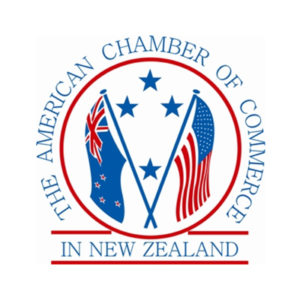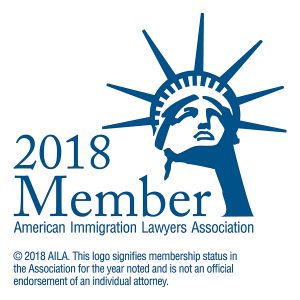Publications
Time Zone Dilemma (New Zealand Exports)
Categories:
By Zachary D. NorrisNew Zealand Exports and the Time Zone Dilemma for exporting to America. New Zealand exports: The future of New Zealand’s economy lays in exports, as the domestic population growth is too slow to raise domestic production significantly. That means that New Zealand businesses need to be…
TPP Auckland Round Wrap Up – A Counterpoint to Campbell & Co
Categories:
By Zachary D. NorrisWith the Auckland round of the TPP negotiations wrapping up this week, many Kiwi nay-sayers in the press have declared it an overall loss for New Zealand (See Gordon Campbell and Jane Kelsey). Yet my talks with almost every New Zealand business dealing in any way with the United States believe the exact opposite…
TPPA: In Defence of Investor-State Disputes
Categories:
By Zachary D. NorrisTPPA As the next round of TPPA negotiations has come to Auckland, there has been increased chatter regarding the idea that the investor-state dispute mechanism in the proposed investment chapter should be scrapped. The investor-state dispute arbitration system, which has been around since…
The Trans Pacific Partnership Agreement with New Zealand
Categories:
By Norris Echetebu LawThe Trans Pacific Partnership Agreement with New Zealand. The United States, and therefore American Law, is entering into an exciting new era of economic participation in the Trans-Pacific arena (the market spanning the Pacific between North America, the West Coast of South America, the Asian Pacific, Australia and New Zealand). In the past American…
US Interests in New Zealand
Categories:
By Norris Echetebu LawWhen I first came to New Zealand a year ago, I was astounded by the natural beauty and the warmth of the people. But this did not come as a surprise to me. What I was surprised by was the very savvy business culture which pervades New Zealand. It makes sense that an island nation founded through maritime…
Why the American Election 2012 Matters in NZ
Categories:
By Zachary D. NorrisWhy the American Election 2012 Matters in NZ. American Election 2012: A contradictory sense of pride and trepidation enshrouds me every 4 years on the first Tuesday in November when the United States elects its president. Pride in that the soaring rhetoric of the candidates’ campaigns prompts a belief that the legacy of the United States…
Bringing Tinseltown, USA to New Zealand and Hollywood Entertainment Law
Categories:
By Norris Echetebu LawHollywood Entertainment Law. With the New Zealand Prime Minister, John Key’s recent push to attract American television and movie production to New Zealand by offering a 15% tax rebate, we can expect to see an increase in the amount of entertainment employment available. New Zealand actors and film industry workers…
American Law and Incorporation in the United States by a foreign investor.
Categories:
By Norris Echetebu LawIncorporation in the United States: New Zealand clients wishing to incorporate in the United States should definitely sit down with a US lawyer and a US tax adviser to discuss the options involved. Many clients simply wish to have a business presence in the US where they plan on doing business. For the majority of the Norris Echetebu Law and Norris…
Kiwi Business, Litigation and American Law
Categories:
By Norris Echetebu LawNew Zealand business and American Law. As the co-founder of Norris Echetebu Law, the first dedicated American law firm in New Zealand, I am very interested in finding out what kind of American legal advice is most needed by Kiwis. While we offer a full range of business advice, a large amount of our…



